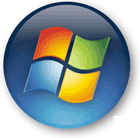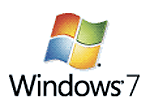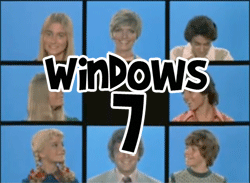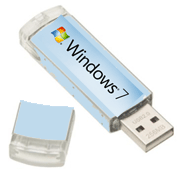 Microsoft has announced its fourth quarter financial results, and for those of us who are Microsoft customers rather than shareholders, the most striking factoid may be this: The company’s revenue from Windows took a hit of more than a billion dollars compared to what it reaped a year ago. How come? Well, the crummy state of the worldwide economy didn’t help, but another factor was the ongoing popularity of netbooks. They typically sell for less than a $400, and usually ship with a copy of Windows XP that Microsoft can’t charge as much money for as it’s used to getting for Windows. No wonder we haven’t heard Microsoft (or much of anyone else in the PC industry, including netbook manufacturers) wax enthusiastic about netbooks.
Microsoft has announced its fourth quarter financial results, and for those of us who are Microsoft customers rather than shareholders, the most striking factoid may be this: The company’s revenue from Windows took a hit of more than a billion dollars compared to what it reaped a year ago. How come? Well, the crummy state of the worldwide economy didn’t help, but another factor was the ongoing popularity of netbooks. They typically sell for less than a $400, and usually ship with a copy of Windows XP that Microsoft can’t charge as much money for as it’s used to getting for Windows. No wonder we haven’t heard Microsoft (or much of anyone else in the PC industry, including netbook manufacturers) wax enthusiastic about netbooks.
The industry keeps predicting the imminent downfall of netbooks, which will supposedly be killed by more powerful thin-and-light notebooks which just happen to cost more. Starting in three months, those thin-and-lights will ship with versions of Windows 7 which Microsoft will be able to charge more for–and it seems like a safe bet that Windows 7 will help Microsoft’s financial statements look a little rosier in general once the OS ships. But I persist in believing that it’s also entirely possible that $400 (and $300) netbook-type computers are here to stay, and could make up a significant part of the laptop industry from here on out. If consumers buy ’em, there’s little or nothing that PC manufacturers and Microsoft can do to stop them. And if netbooks stick around, they’ll have a profound effect on Microsoft’s fortunes whose real impact is yet to be seen.

 Windows 7 has been released to manufacturing, according to a
Windows 7 has been released to manufacturing, according to a 
 Steven Sinofsky, the no-nonsense head of Windows and Windows Live Engineering, has
Steven Sinofsky, the no-nonsense head of Windows and Windows Live Engineering, has ZDNet’s Ed Bott is reporting that the license for Windows 7 Home Premium appears to make provisions for a
ZDNet’s Ed Bott is reporting that the license for Windows 7 Home Premium appears to make provisions for a  Netbooks, pretty much by definition, don’t have optical drives. Microsoft is
Netbooks, pretty much by definition, don’t have optical drives. Microsoft is  Looks like it’s official:
Looks like it’s official: